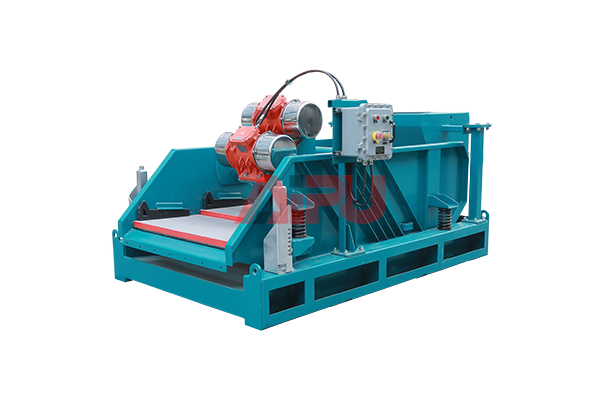Common Problems Related to the Operation Standard of Solids Control Equipment
Solids control equipment plays a critical role in drilling operations, ensuring efficient separation and management of drilling fluids. However, improper operation standards can lead to performance issues, equipment damage, and increased downtime. Understanding these common problems helps in optimizing the efficiency and lifespan of solids control equipment.

1. Inadequate Training of Operators
One of the most frequent issues is insufficient training for personnel handling solids control systems. Operators unfamiliar with proper procedures may misuse equipment, leading to inefficiencies or failures. Regular training sessions and clear operational guidelines are essential to prevent mistakes.
2. Improper Maintenance Practices
Neglecting routine maintenance can cause severe operational problems. Components like shale shakers, centrifuges, and desanders require regular inspections and servicing. Without proper upkeep, wear and tear accelerate, reducing equipment lifespan and increasing repair costs.
3. Incorrect Equipment Settings
Using incorrect settings for specific drilling conditions is another common issue. For example, running a centrifuge at the wrong speed or failing to adjust shale shaker screens according to mud properties can lead to poor solids removal. Operators must follow manufacturer recommendations and adjust settings based on real-time conditions.
4. Overloading the System
Overloading solids control equipment beyond its capacity is a frequent mistake. Excessive solids in drilling fluid can clog screens, strain pumps, and reduce separation efficiency. Monitoring flow rates and ensuring balanced loads are crucial for optimal performance.
5. Using Worn-Out or Incompatible Parts
Replacing components with substandard or incompatible parts can compromise system efficiency. Worn-out screens, damaged seals, or mismatched impellers hinder performance. Always use OEM-approved spare parts to maintain reliability.
6. Ignoring Environmental Factors
Environmental conditions, such as extreme temperatures or humidity, can affect equipment operation. Failing to account for these factors may lead to unexpected breakdowns. Proper insulation, ventilation, and weatherproofing measures should be implemented where necessary.
7. Poor Fluid Management
Ineffective drilling fluid management directly impacts solids control systems. Contaminated or improperly treated fluids reduce separation efficiency. Regular testing and treatment of drilling fluids ensure consistent performance.
8. Lack of Real-Time Monitoring
Without real-time monitoring, minor issues can escalate into major failures. Implementing sensors and automated alerts helps detect problems early, allowing timely interventions and minimizing downtime.
If your project requires solids control equipment, choose Aipu Solids Control, and we believe it will be your best choice.
